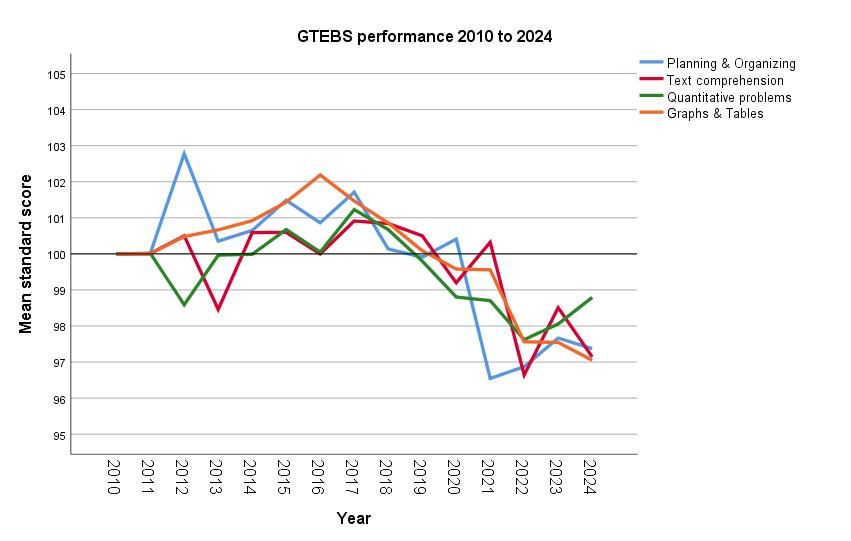Dropping out: Understanding, preventing and avoiding it

Common reasons for dropping out Dropping out of university can have various causes that are related to the social environment and individual factors. If you want to reduce dropout rates and promote academic success, it is important to consider both individual factors and to improve the framework conditions and support at universities. A holistic approach […]
How to Compare GPAs from Different Countries? The Bavarian Formula Explained

When selecting students from a global pool of applicants, comparing high school GPAs (HSGPA) across different grading systems can be a challenge. To ensure objective comparisons, the use of one or several standardized admission tests like SAT, ACT, ITB-Business (undergraduate studies) and GMAT, GRE, GTEBS (graduate studies) is recommended. However, if you still need to […]
European Data Protection and Study Aptitude Tests

We have to admit—Sometimes data protection feels like a never-ending bureaucracy. More forms to fill out, another penetration test, another lengthy contract to draft. At ITB we take care of ensuring that we meet all the requirements of the European General Data Protection Regulation (GDPR). Why do we go through all this for study aptitude […]
Mastering Complexity in a Fast-Paced World: A Modern Approach to Talent Assessment

In today’s increasingly complex and fast-moving world, the ability to manage complexity, stay organized, and self-regulate has become a key factor for success—not only in the workplace but also in academic settings. This growing demand for cognitive agility is reshaping what we need to assess when selecting students, professionals, and future leaders. Why Complexity Management […]
5 Measures to reduce academic dropouts

Higher education is of immense importance for Germany as a centre of science and research. To ensure that universities can provide a large number of academically qualified specialists in the future despite limited resources (e.g. number of study places), it is all the more important to guarantee academic success. Unfortunately, however, it is not uncommon […]
How Many Admission Tests Can You Use Simultaneously?

Aptitude tests are a valuable tool for improving admissions in higher education. But is it effective to use more than one test—and if so, how many? We frequently discuss this with universities that implement our GTEBS test for master’s programs in business and economics. Interestingly, half of them also accept the GMAT. Pros & Cons […]
Is Student Cognitive Performance Declining? Insights from 14 Years of GTEBS Admission Test Data

Are today’s students less prepared for academic challenges than those a decade ago? We analysed data from 21,722 applicants for master’s programs who took the Graduate Test for Economics, Business, and Social Sciences (GTEBS) between 2011 and 2024—and found a notable trend: This raises important questions: Are we witnessing a decline in cognitive performance, and […]
What is test wiseness?

Test wisdom describes the ability of test takers to use the characteristics and format of a test or test situation to answer questions correctly regardless of the content and thus achieve a higher test score. This ability is based on various so-called metacognitive strategies. In multiple choice tests in particular (as opposed to tests with […]
Meeting with Our Scientific Advisory Board: Advancing Research in Admission Testing

Last Thursday, we had the pleasure of welcoming our Scientific Advisory Board to ITB for an insightful exchange on current research questions and methodological challenges. A big thank you to Professor Franzis Preckel (Trier), Professor Martin Kersting (Giessen), and Professor André Beauducel (Bonn) for their valuable contributions! Here are some key topics we explored: Socio-Economic […]
Unlocking the true value of Bachelor’s grades

Are all Bachelor’s grades created equal? Two studies, conducted in collaboration with the University of Duisburg-Essen and candidate select GmbH, shed light on the comparability of bachelor grades. The challenge: diverse universities, divergent standards Bachelor’s grades often carry limited significance due to variations in university requirements, grading practices, and performance levels. To address this, we […]